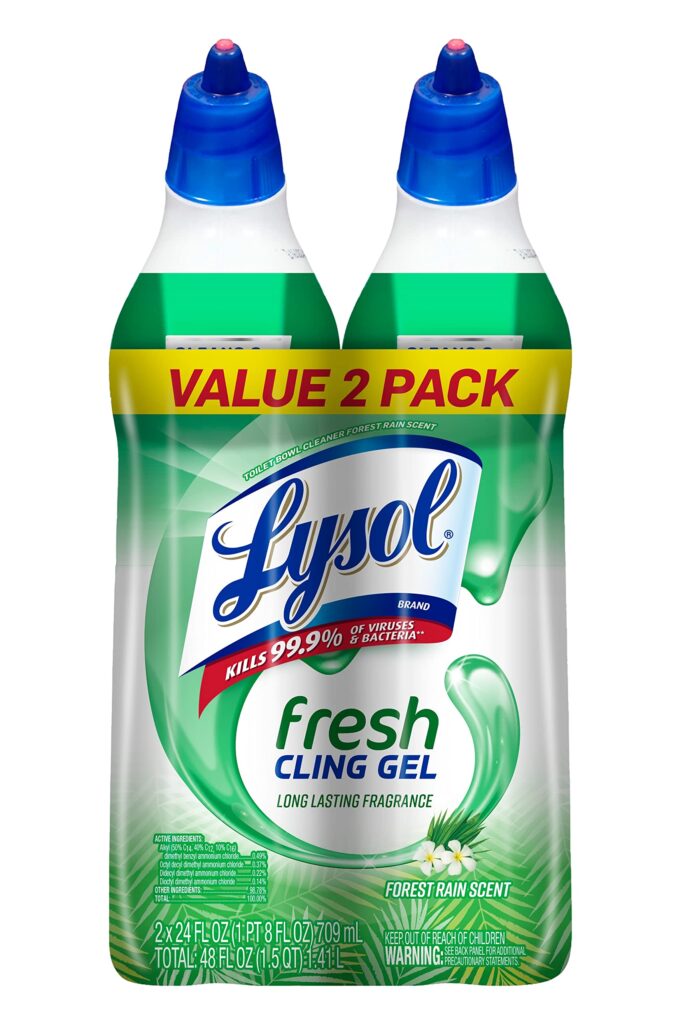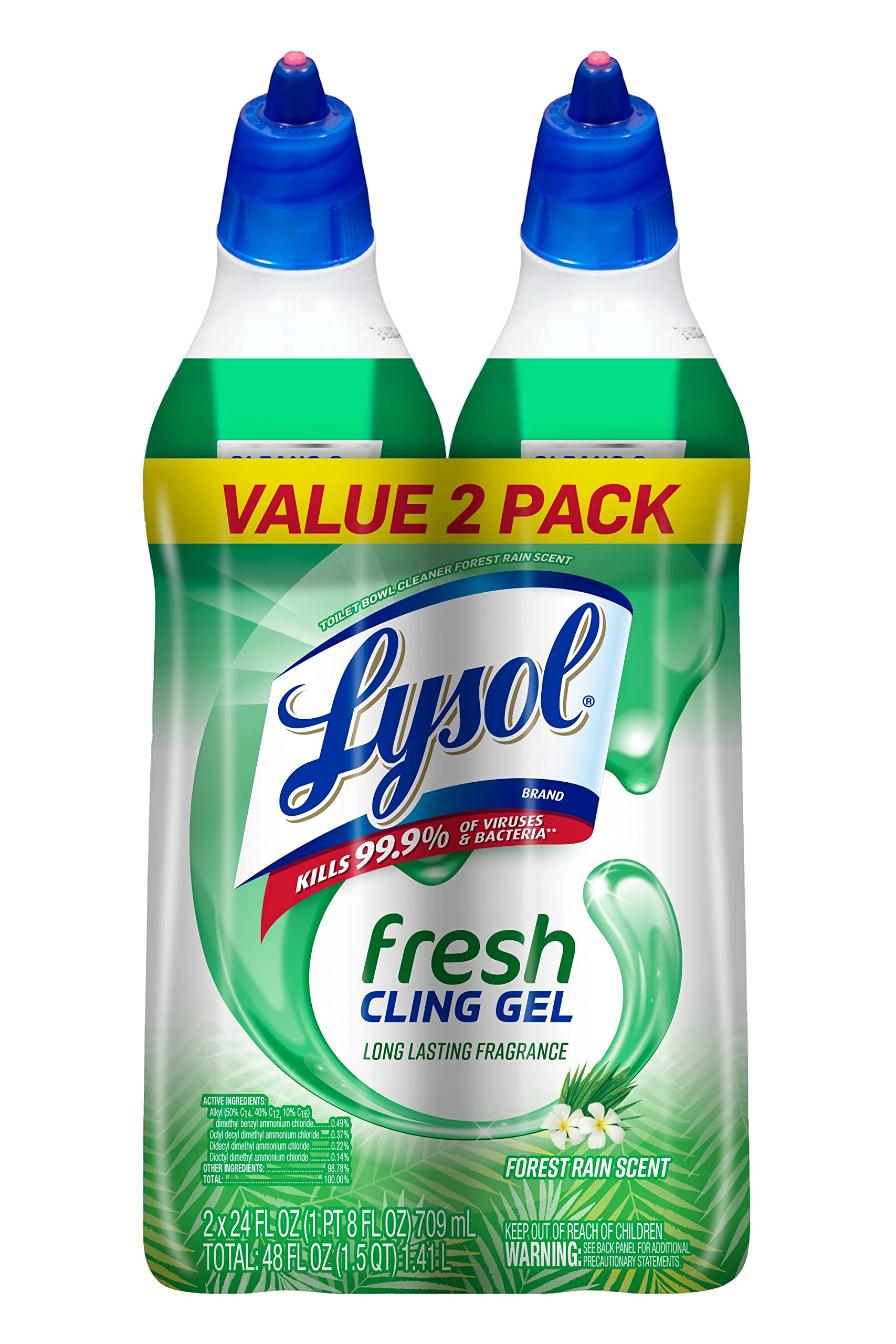Imagine this: You’re diligently cleaning your bathroom, making sure every surface is sparkling and germ-free. But when it comes to your toilet bowl, you’re suddenly hit with a question that leaves you perplexed. Is Lysol Toilet Bowl Cleaner safe for septic tanks? With the health of your septic system in mind, it’s only natural to want to choose products that won’t harm it. In this article, we’ll dive into the world of septic-friendly cleaners and break down whether Lysol Toilet Bowl Cleaner makes the cut.
As septic tanks quietly do their job underground, it’s crucial to understand their delicate nature and how certain products can impact their performance. With so many options available on the market, it’s easy to feel overwhelmed and unsure of which ones are truly safe for your septic system. That’s where we come in. In this comprehensive guide, we’ll give you a thorough understanding of septic-friendly options and shed light on whether Lysol Toilet Bowl Cleaner is a suitable choice. So, let’s not waste any time and get to the bottom of this septic tank dilemma!
The importance of using septic-friendly toilet bowl cleaners
The impact of harsh chemicals on septic tanks
When it comes to maintaining a healthy septic system, one of the often overlooked aspects is the type of toilet bowl cleaner you use. Harsh chemicals found in many traditional cleaners can have a detrimental effect on septic tanks. These chemicals can disrupt the natural balance of bacteria that are essential for the proper functioning of your septic system.
Understanding septic tank systems
Before we delve into the importance of using septic-friendly toilet bowl cleaners, it’s important to have a basic understanding of septic tank systems. A septic system is a self-contained underground wastewater treatment structure that is commonly used in rural areas without access to centralized sewer systems. It consists of a septic tank, where solid wastes are separated from liquid effluent, and a drain field, where the liquid effluent is further treated and dispersed into the soil.
Why it’s important to choose septic-friendly options
Choosing septic-friendly toilet bowl cleaners is crucial for maintaining the health and longevity of your septic system. By opting for cleaners that are specifically formulated to be septic-safe, you are ensuring that you are not introducing harmful chemicals into your system that can disrupt the natural processes that occur within it. This, in turn, helps to prevent costly repairs, backups, and system failures.
Common ingredients in toilet bowl cleaners and their effects on septic tanks
Chemicals to avoid in toilet bowl cleaners
Many traditional toilet bowl cleaners contain chemicals that can be harmful to septic systems. Some of these chemicals include chlorine bleach, ammonia, phosphates, and formaldehyde. These ingredients can kill off the beneficial bacteria that break down waste in your septic tank, leading to a decrease in system efficiency.
Potential consequences of using non-septic-friendly cleaners
Using non-septic-friendly toilet bowl cleaners can have various repercussions. One of the most concerning is the depletion of beneficial bacteria within the septic tank. Without these bacteria, solid waste does not break down as efficiently, resulting in the accumulation of sludge and the potential for clogs and backups. Additionally, harsh chemicals can leach into the drain field, contaminating soil and groundwater.
How certain ingredients affect septic tank health
Some ingredients commonly found in toilet bowl cleaners can directly impact the health of your septic tank. Bleach, for example, is highly corrosive and can damage the structural integrity of the tank over time. Ammonia, often used for its disinfecting properties, can kill off the essential bacteria that are responsible for breaking down waste. Phosphates from cleaners that claim to help with hard water can contribute to excessive algae growth in aquatic environments when the septic effluent reaches surface waters.
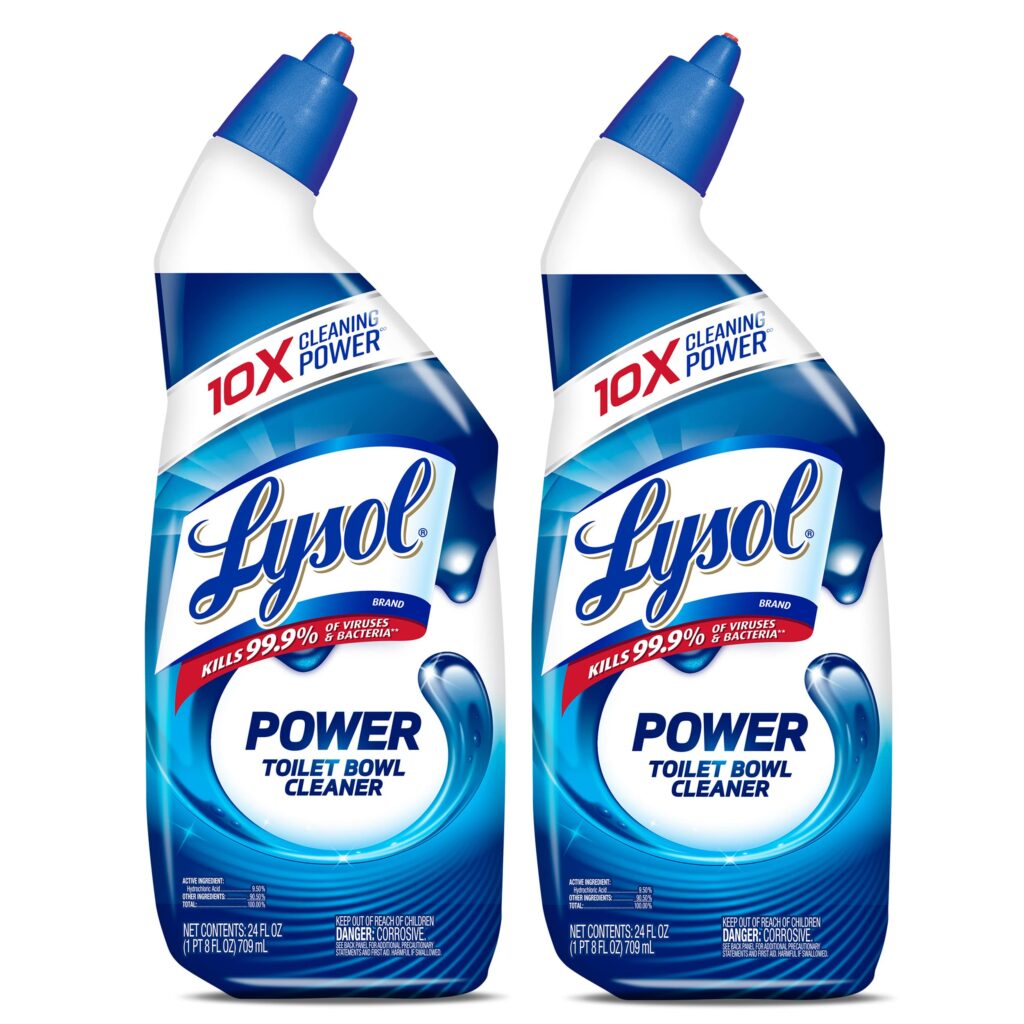
Is Lysol Toilet Bowl Cleaner safe for septic tanks?
Reviewing the ingredients of Lysol Toilet Bowl Cleaner
Lysol Toilet Bowl Cleaner is a popular option for many households due to its effectiveness in cleaning and disinfecting toilets. But is it septic-friendly? Let’s take a look at the ingredients. Lysol Toilet Bowl Cleaner contains various chemicals, including hydrochloric acid, benzyl alcohol, and fragrance ingredients. These ingredients may raise concerns about their impact on septic systems.
Assessing Lysol’s compatibility with septic systems
While Lysol Toilet Bowl Cleaner does contain some chemicals that could potentially harm septic tanks, the overall impact of using it sparingly and as directed is likely minimal. The small amount of cleaner used during each toilet cleaning is diluted by the water in the bowl and is unlikely to cause significant harm to the septic system. However, it’s still important to use Lysol Toilet Bowl Cleaner in moderation and not excessively.
Consumer experiences and feedback
Many homeowners have reported using Lysol Toilet Bowl Cleaner without any apparent issues with their septic systems. However, it’s worth noting that the experience can vary depending on the overall health and maintenance of the septic system, as well as the frequency and quantity of cleaner used. If you’re unsure about the compatibility of Lysol Toilet Bowl Cleaner with your septic system, it’s always best to consult with a septic professional for personalized advice.
Septic-friendly toilet bowl cleaner alternatives
Natural and eco-friendly options
Fortunately, there are several natural and eco-friendly alternatives to traditional toilet bowl cleaners that are safe for septic systems. These options often utilize plant-based ingredients, such as citric acid or vinegar, which have natural cleaning and disinfecting properties. Many eco-friendly brands offer these alternatives, providing a safer and more sustainable choice for maintaining a clean toilet without harming your septic system.
Enzymatic cleaners for septic tank maintenance
Enzymatic cleaners are another septic-friendly option for toilet bowl cleaning. These cleaners use naturally occurring enzymes that break down organic waste and help to maintain the balance of bacteria within the septic tank. Enzymatic cleaners can be effective in preventing clogs and backups while promoting the overall health of your septic system.
DIY solutions using common household products
For those who prefer a more hands-on approach, there are DIY solutions using common household products that can be effective in cleaning toilet bowls without harming septic systems. For example, a mixture of baking soda and vinegar can help remove stains and odors. Similarly, a paste made from hydrogen peroxide and baking soda can provide a gentle scrub for stubborn stains. These homemade solutions offer a cost-effective and septic-friendly alternative to commercial cleaners.
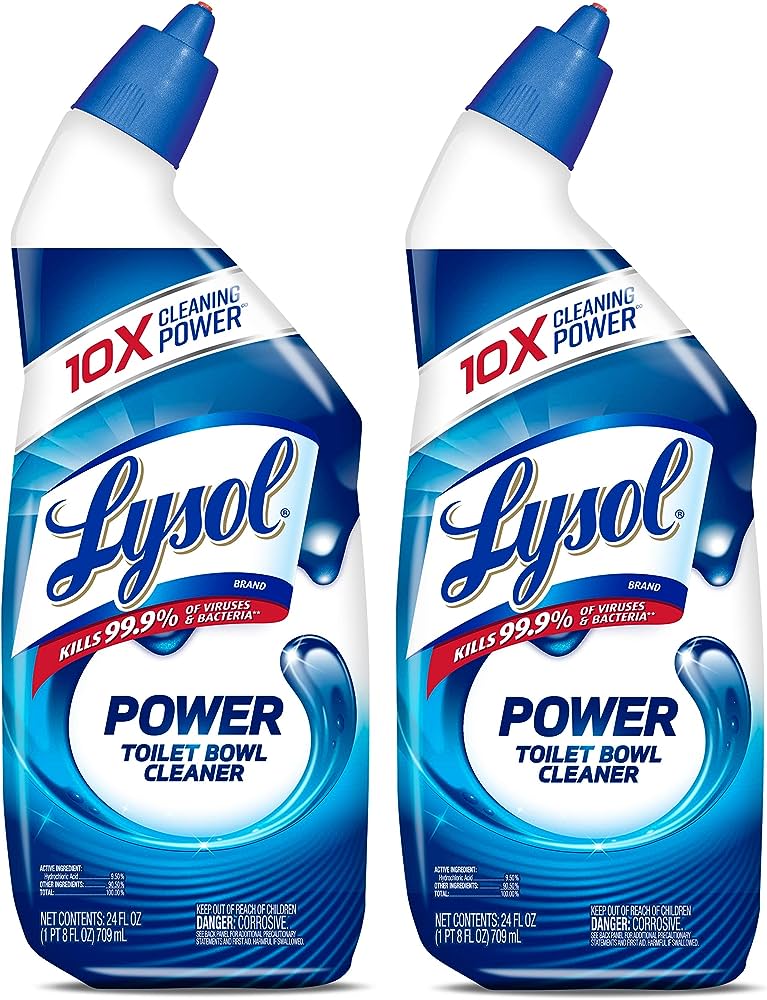
How to identify septic-friendly toilet bowl cleaners
Understanding product labels and certifications
When shopping for toilet bowl cleaners that are safe for septic systems, it’s important to look for specific labels and certifications. Look for products that are labeled as “septic-safe” or “compatible with septic systems.” Additionally, certifications from reputable organizations like the Environmental Protection Agency (EPA) or the Green Seal can provide reassurance that a product meets certain standards of safety and environmental friendliness.
Reading ingredient lists for harmful substances
Another way to identify septic-friendly toilet bowl cleaners is by reviewing the ingredient list. Avoid cleaners that contain chlorine bleach, ammonia, phosphates, or formaldehyde, as these can negatively impact septic systems. Instead, look for cleaners that utilize natural or plant-based ingredients and are free from harsh chemicals.
Trusted brands and recommendations
If you’re uncertain about which toilet bowl cleaner to choose, consider seeking recommendations from trusted sources. Talk to friends, family, or neighbors who have septic systems and ask about their experiences with specific brands or products. Additionally, septic professionals or local septic system maintenance companies may be able to provide valuable insights and recommendations based on their expertise.
Proper maintenance and care for septic systems
Regular pumping and inspections
Maintaining a healthy septic system goes beyond using septic-friendly toilet bowl cleaners. Regular pumping and inspections are vital to ensuring optimal performance and preventing major issues. It is generally recommended to have your septic tank pumped every 3-5 years, depending on the size of your household and the usage of your system. Additionally, periodic inspections by a qualified professional can help identify any potential problems early on.
Avoiding excessive water usage
Conserving water is an important aspect of septic system maintenance. Excessive water usage can overwhelm the system, leading to backups and potential failures. Be mindful of your water consumption by fixing any leaks, using water-saving fixtures, and spreading out water-intensive activities like laundry. By reducing water usage, you can help your septic system operate efficiently and avoid unnecessary strain.
Tips for preventing clogs and backups
Preventing clogs and backups in your septic system starts with simple household habits. Avoid disposing of solid or non-biodegradable items down the toilet, such as wipes, feminine hygiene products, or paper towels. Use septic-friendly toilet paper that breaks down easily. Additionally, be cautious of chemicals that enter your drains, such as automotive fluids or excessive amounts of cleaners. These small adjustments can go a long way in preventing costly and disruptive clogs.
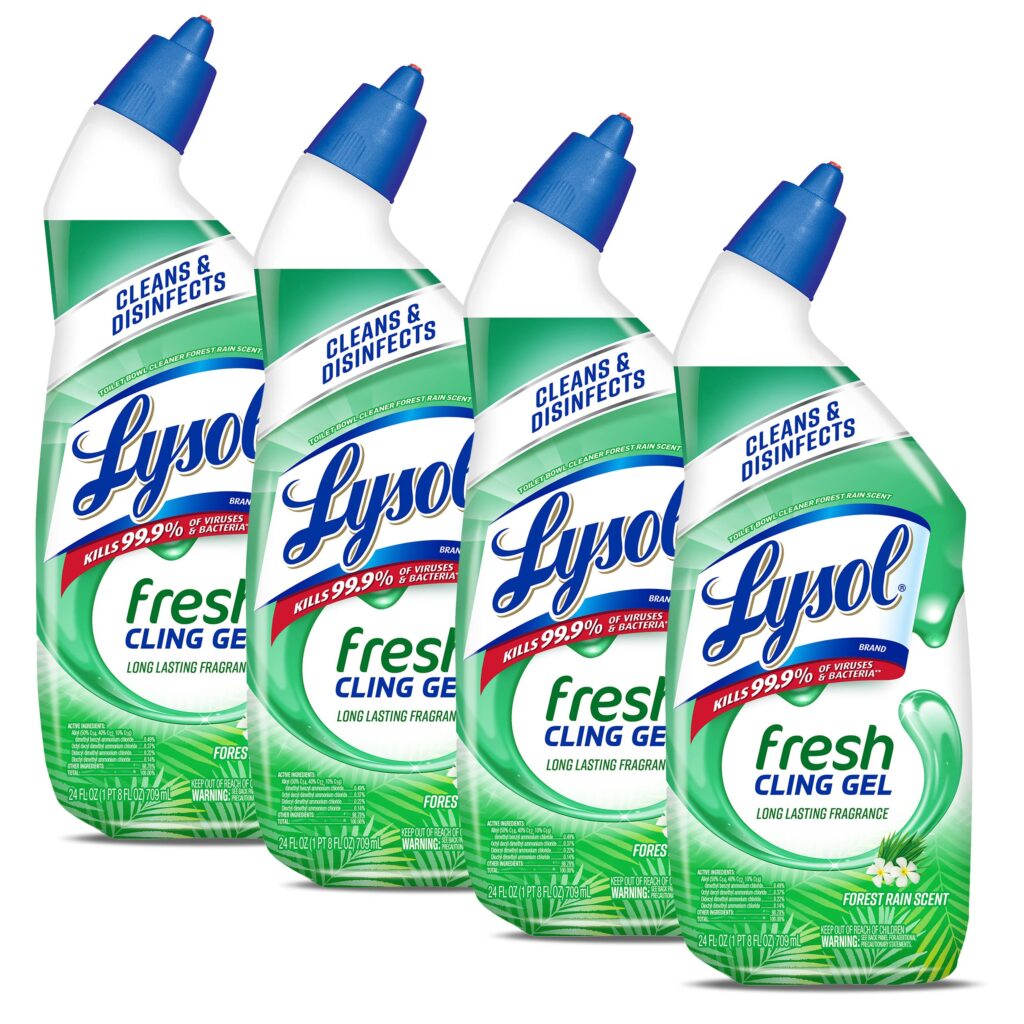
The role of professional septic tank services
Benefits of hiring septic tank professionals
While regular maintenance and care can significantly extend the lifespan of your septic system, there are certain tasks best left to professionals. Hiring septic tank professionals offers numerous benefits, including their expertise in diagnosing and resolving septic system issues, ensuring proper and safe disposal of waste during pumping, and providing valuable guidance on septic-friendly practices.
Services offered by septic tank experts
Septic tank professionals provide a range of services tailored to the needs of your septic system. These services may include tank pumping and cleaning, system inspections, repairs, and installation of new components. By entrusting these tasks to knowledgeable professionals, you can have peace of mind knowing that your septic system is in capable hands.
When to seek professional assistance
Knowing when to seek professional assistance is key to maintaining the health of your septic system. If you notice signs of a problem, such as slow drains, foul odors, or excessive pooling of water in your yard, it’s essential to contact a septic tank professional promptly. Ignoring these warning signs can lead to more significant issues and costly repairs down the line.
Educating others on septic-friendly practices
Sharing knowledge within communities
As responsible septic system owners, it is our duty to educate and inform others about the importance of septic-friendly practices. Share your knowledge and experiences with friends, neighbors, and community members to help promote awareness and understanding. By working together, we can create a collective effort towards maintaining healthy septic systems and protecting our environment.
Environmental benefits of septic-friendly choices
Choosing septic-friendly toilet bowl cleaners and adopting septic-friendly practices have significant environmental benefits. By avoiding harsh chemicals and promoting the natural processes of a septic system, we reduce the risk of contamination of groundwater and surface waters. Furthermore, maintaining healthy septic systems helps protect aquatic ecosystems and contributes to the overall health of our environment.
Advocating for septic tank regulations
Advocating for septic tank regulations and policies can have a positive impact on the health and sustainability of septic systems. Support local initiatives that aim to improve the management and regulation of septic systems, such as regular inspections, pumping schedules, and restrictions on harmful chemicals. By advocating for responsible septic practices, we can ensure a healthier future for both our communities and the environment.
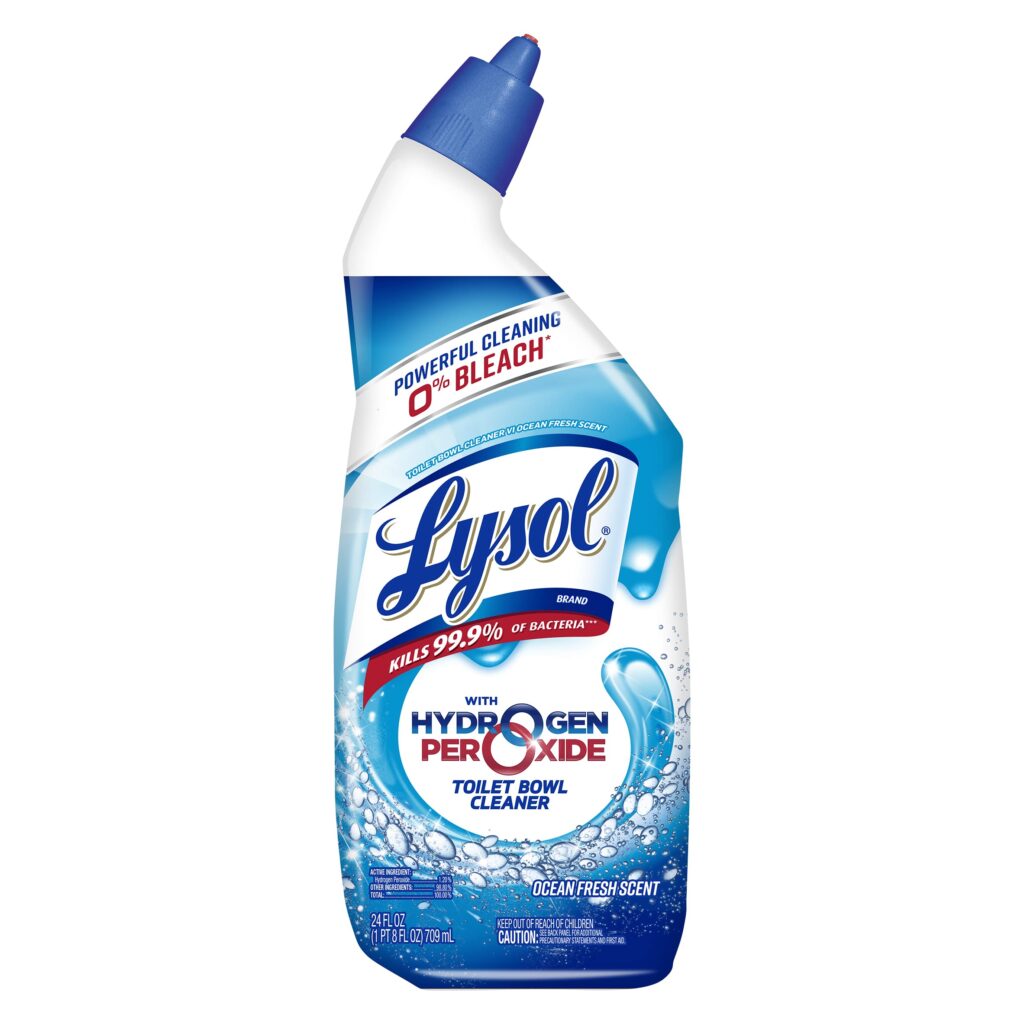
Common misconceptions about septic tank maintenance
Myth vs reality: debunking misconceptions
There are several common misconceptions surrounding septic tank maintenance. One such myth is that additives are necessary to keep a septic system running smoothly. In reality, a well-designed and properly maintained septic system does not require additives, and in some cases, they can even be harmful. It’s important to rely on regular maintenance and septic-friendly practices rather than relying on unnecessary additives.
Understanding septic tank additives
Septic tank additives are products that claim to improve the performance of a septic system by introducing enzymes, bacteria, or other substances into the tank. While these additives may have small benefits in certain situations, they are not a substitute for proper maintenance and care. In fact, some additives can be detrimental to the natural bacterial balance within the tank and may even harm the environment.
The truth about septic tank lifespan
A common misconception is that septic tanks have a limited lifespan and will eventually fail. In reality, with proper care and maintenance, a septic system can last for several decades. Regular pumping, inspections, and adopting septic-friendly practices can significantly extend the lifespan of your septic tank. It’s important to remember that responsible maintenance is the key to longevity and efficiency.
Conclusion
Choosing the right toilet bowl cleaner for septic systems is an important step towards maintaining a healthy and efficient septic system. By opting for septic-friendly options, you are not only protecting the longevity of your septic tank but also safeguarding the environment. Remember to avoid harsh chemicals, read ingredient lists, and seek out trusted brands and recommendations. Couple this with proper septic system maintenance, including regular pumping and inspections, and you can enjoy a worry-free and sustainable septic system for years to come. By taking responsibility for septic tank maintenance and educating others on septic-friendly practices, we can collectively contribute to a healthier environment and cleaner waterways.
